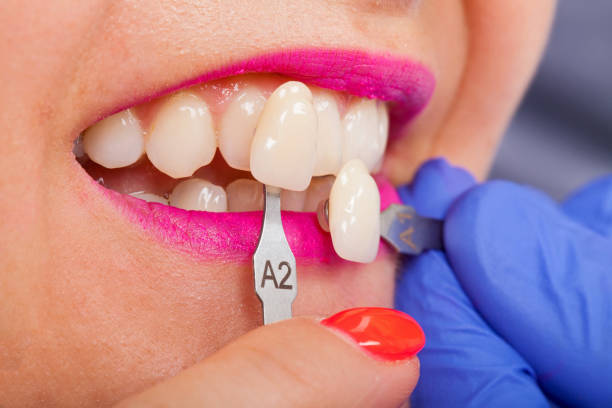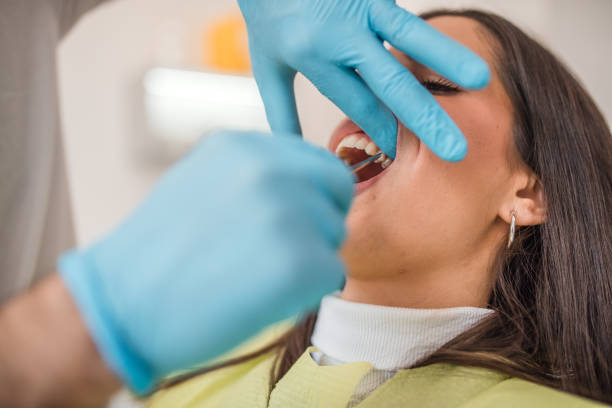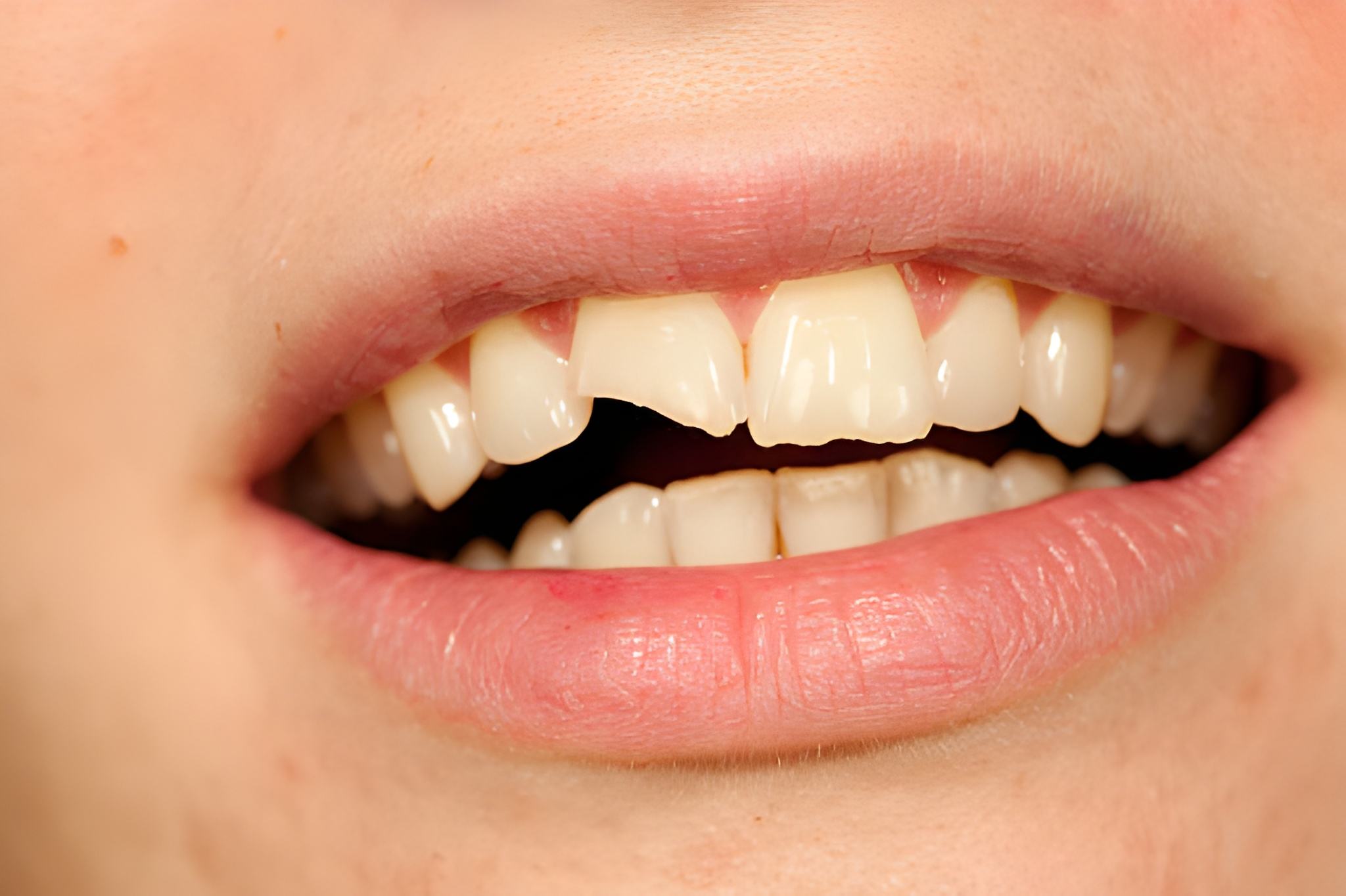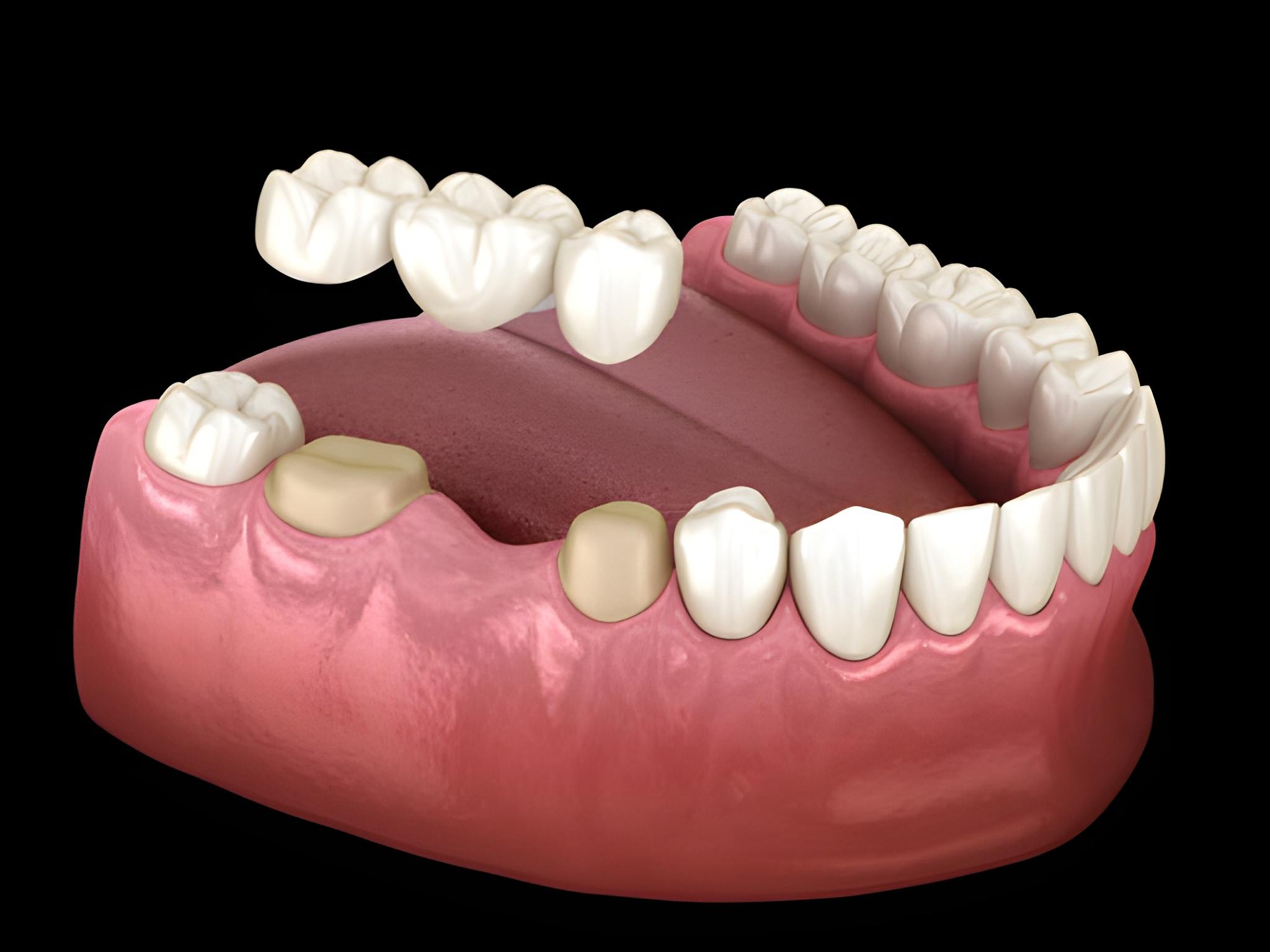Home How to Choose the Best TMD/TMJ Treatment for You
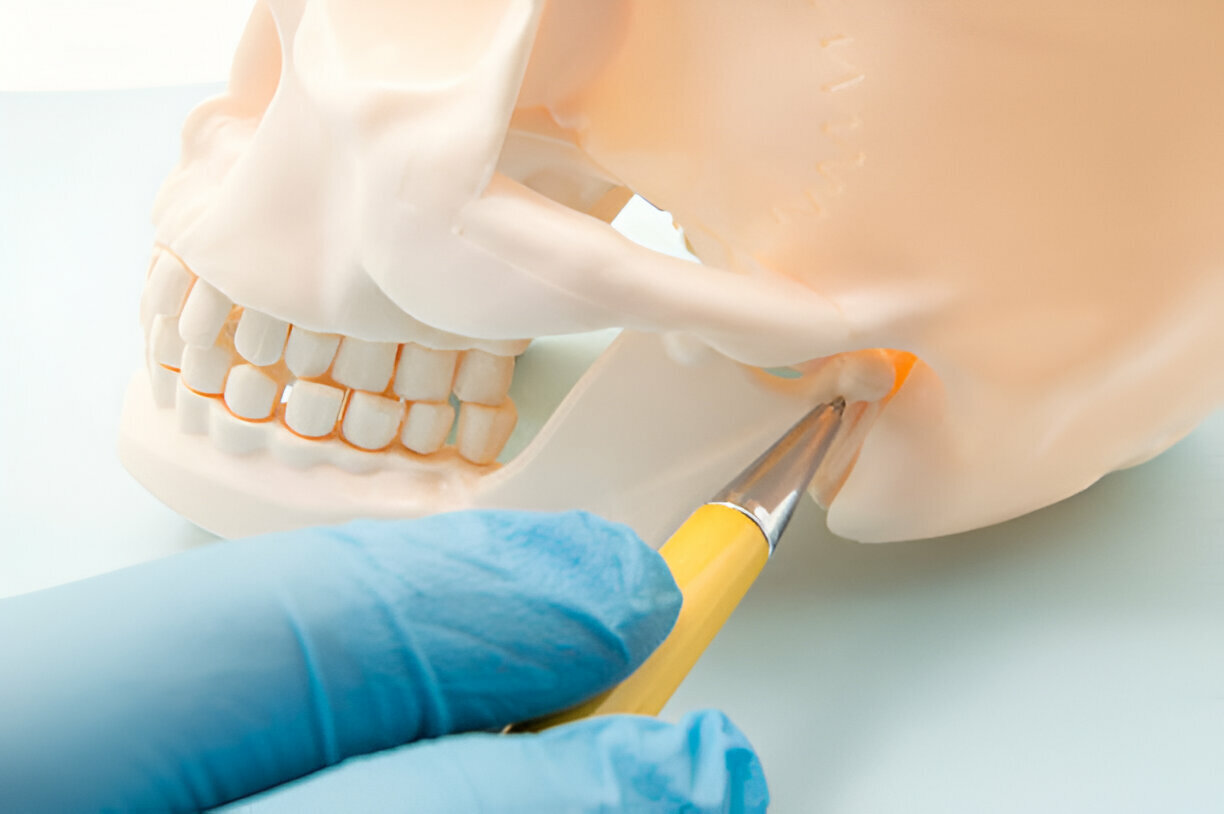
Have you ever experienced pain or discomfort in your jaw or facial muscles? You might be one of the many people who suffer from TMJ or TMD (Temporomandibular Joint Disorder), a common condition that affects the jaw joints and surrounding muscles.
Sadly, 1 out of every 12 people in America suffer from the condition, resulting in acute pain, difficulty chewing, and even sleeping.
However, for a majority of individuals suffering from TMJ, most of them have no idea about the underlying oral condition. No wonder they don’t visit their nearest dentist in New Mexico until the pain escalates.
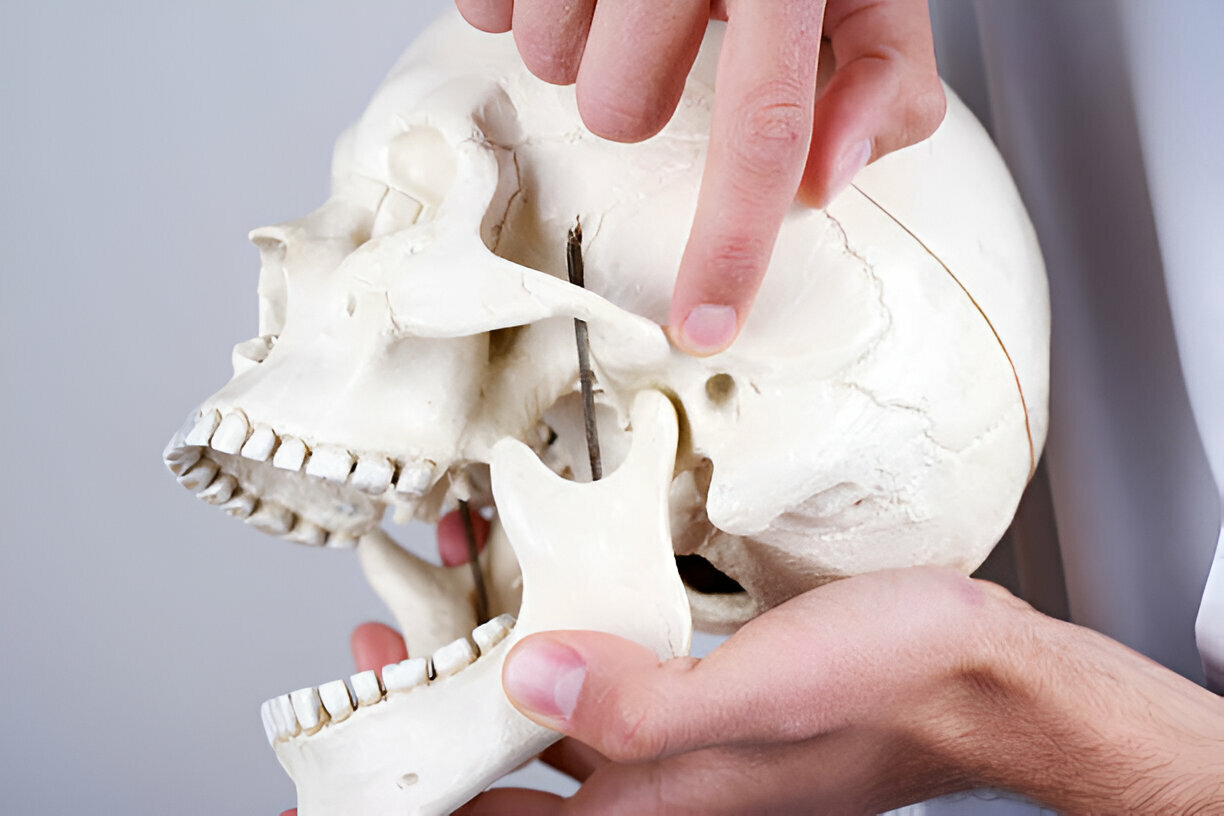
Therefore, in this blog, we take a closer look at the different options to treat TMJ via topics like:
Continue reading as we learn more about the oral condition in the following sections.
Temporomandibular joint (TMJ) disorder can be a severe condition that affects a person’s ability to eat, speak, and smile. Fortunately, there are effective ways to treat TMJ that don’t always require surgery.
You can also opt for a dentist for TMJ treatment in NM or a chiropractor for adjustments to straighten the jaw and release tension in the surrounding muscles. What’s more? You can also incorporate massage treatment to ease tense muscles, lower inflammation, and improve circulation.
In certain instances, the symptoms of TMJ issues may resolve naturally without therapy. However, if your symptoms persist, your doctor may prescribe a combination of treatments, sometimes more than one, to be used concurrently.
In addition to conventional nonsurgical therapies, you may undergo pharmaceutical choices to ease the discomfort associated with TMJ disorders. Here’s a list of medications to treat your TMD/TMJ:
While there are various medications and treatment options, you can also go for therapies to resolve your TMJ at the earliest. Let’s have a look at the different therapies involved in the treatment:
Arthrocentesis (ahr-throe-sen-TEE-sis) is a minimally invasive treatment in which tiny needles are inserted into the joint to allow fluid flow. This process is designed to remove debris and inflammatory byproducts from your cavity.
In rare cases, corticosteroid injections into the joint may help ease your TMJ issues. However, your dentist may also inject botulinum toxin type A (Botox, others) into the chewing muscles to reduce discomfort caused by TMJ issues in other situations.
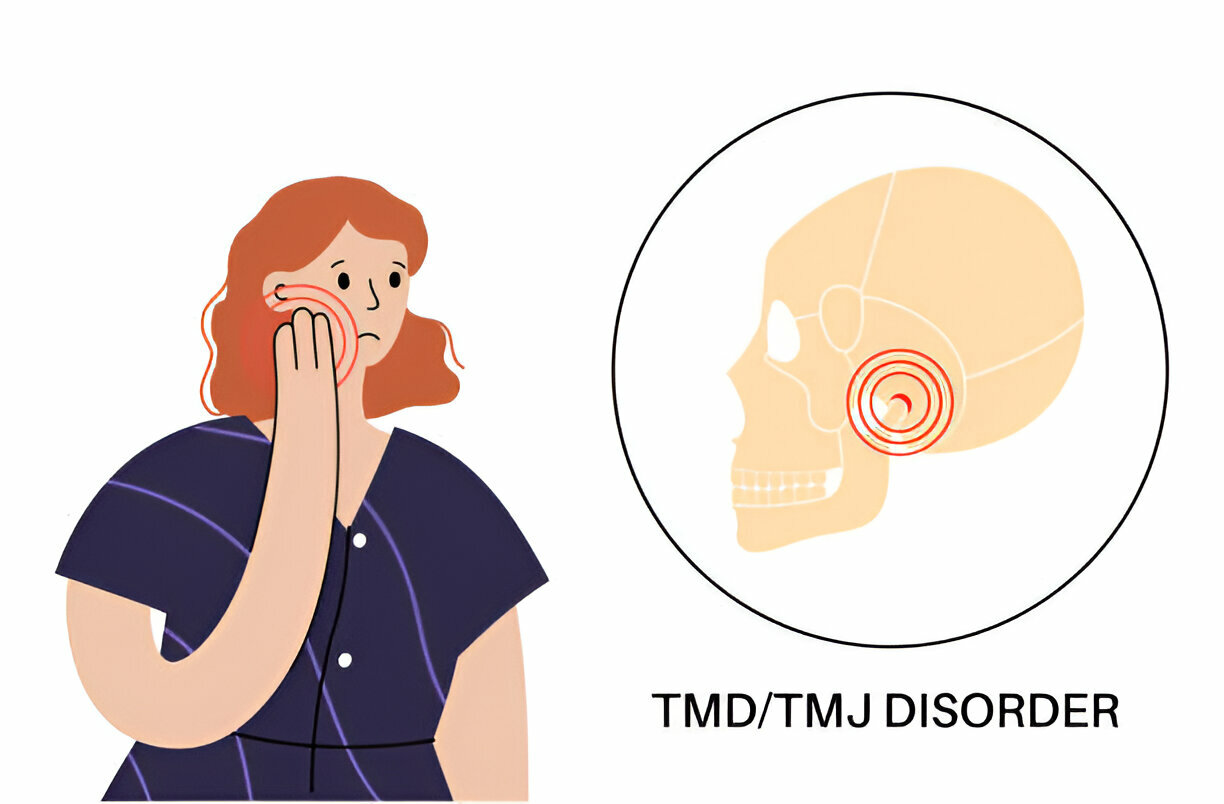
In certain circumstances, arthroscopic surgery can be just as beneficial as open-joint surgery in treating various forms of TMJ issues. This procedure introduces a short, thin tube (cannula) into the joint, followed by an arthroscope and small surgical tools. TMJ arthroscopy carries fewer risks and problems than open-joint surgery, but it does have significant limitations.
Your dentist or physician may suggest arthrotomy (open-joint surgery) to replace or repair the joint if your jaw pain doesn’t go away with more conservative treatments. In other instances, it may also seem related to a structural problem in the joint. Open joint surgery should only be chosen after carefully considering the Family Dentist’s benefits and drawbacks, as it has more risks than other surgeries.
If you experience sharp jaw pain, consider visiting your nearest dentist for treatment of TMJ Gallup. Your dentist will check your teeth and jaw and help you devise a treatment plan. This may involve stretching and strengthening exercises for the jaw muscles, relaxation methods, and over-the-counter or prescription pain relievers.
Apart from frequent checkups, proper oral hygiene can help you manage your TMJ pain. So make a note of any habit that may be causing your TMJ discomfort, such as clenching or grinding your teeth, and try eliminating it. One approach to do this is to practice stress-relieving practices such as yoga or meditation, as well as to limit coffee and alcohol use, both of which can reduce your TMJ pain.
Stress can increase TMJ discomfort; therefore, handling stress is extremely critical when it comes to managing TMJ discomfort. Additionally, avoid excessive talking and screaming since these activities might increase tension in your jaw muscles and aggravate your TMJ pain.

When treating TMJ discomfort, it is critical to safeguard your jaw joint. Maintain a relaxed neck and shoulders, sit with your back straight, and avoid repetitive activities. It allows you to put additional tension on your jaw muscles. Talking for long periods or on the phone might also cause extra stress on your jaw joint. These actions may help relieve your TMJ pain.
Maintaining good dental hygiene is crucial since it might lessen TMJ discomfort. When you maintain excellent oral health, it helps reduce TMJ discomfort. Therefore, use fluoride toothpaste, floss often, and brush twice everyday. What’s more? Try to steer clear of alcohol-containing over-the-counter oral hygiene solutions since they may irritate your jaw muscles.

